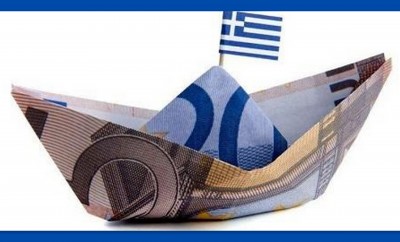
The Mechanics of Capitalism
Q: How does money disappear when the economy collapses?
Once again, in the fashion of the last part of this series, let me start with a story. And as we are entering the last leg of this series on the mechanics of the economy, let’s discuss much much bigger economic disasters.
It’s 1999 and the Greek government is in a bit of a pickle. The European Union has just launched a fancy new currency, the euro, which would be shared by its members. But… even though Greece is part of the EU, they aren’t invited. How rude!
See, for starters, Greece had (in fact, still has) massive tax evasion problems. It’s in fact deeply ingrained in their culture (people believe that the state is corrupt and, on top of that, a major part of the Greek economy is informal, thus making it easy for them to evade taxes). It costs the country billions of euros in lost revenue each year.
Despite these problems, Greece has been spending heavily in public sector projects and programs. Although Greece has a growing GDP, it also has a massively growing debt. In fact, Greece’s debt-to-GDP ratio is well above the 60% required to adopt the euro. EU has good reasons not to invite Greece to the party.
Συνέχεια εδώ
Πηγή: coffeeandjunk.substack.com




